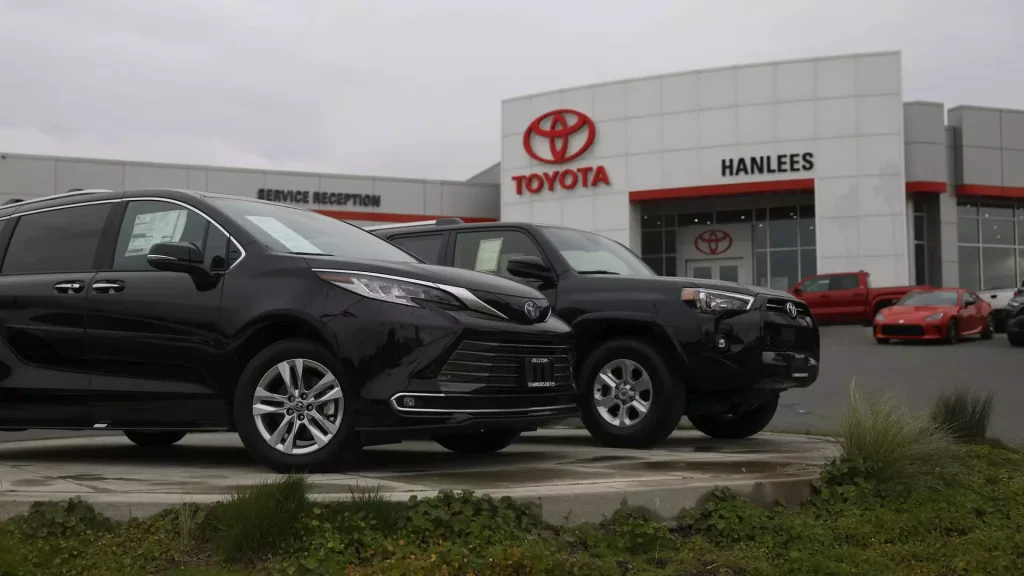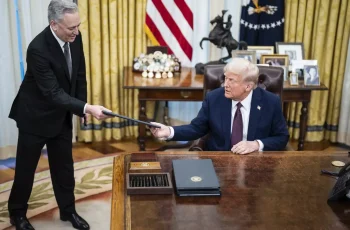The announcement of steep tariffs on imported automobiles has sent shockwaves through the global automotive industry. President Donald Trump’s 25% import duty on non-U.S.-made cars has alarmed Asian automakers, with the American market being vital to their revenues. The immediate market reaction was turbulent, as major players like Toyota saw shares drop by 9.4%, Nissan by 9.3%, and Hyundai by 11.2%. This drastic market response signals the vulnerability of overseas manufacturers to U.S. fiscal policy.

A significant concern is the heavy dependence of Asian automakers on the U.S. market. Toyota, the leading automaker, sold nearly 2 million vehicles in 2024. The threat of tariffs raises concerns about the sustainability of this reliance. Relocating production to the U.S. to avoid tariffs is not a feasible solution, as Joe McCabe from AutoForecast Solutions highlights the complexity and cost involved in shifting operations.
Industry experts are divided on potential strategies. Richard Kaye, portfolio manager, notes that manufacturers may have to decide whether to absorb tariff costs or pass them to consumers, which could affect sales and brand loyalty. Toyota, despite its market strength, faces shrinking margins and supply chain challenges.
Interestingly, Suzuki, which does not sell cars in the U.S., remains largely insulated from the immediate fallout, showcasing resilience in a volatile market. This suggests that avoiding highly volatile markets may be a strategic move for some companies.

These tariffs extend beyond market fluctuations and highlight the fragility of global trade networks. The potential for trade wars in such an interconnected industry could have long-lasting consequences. How countries respond to these changes may shape the future of the automotive sector.

